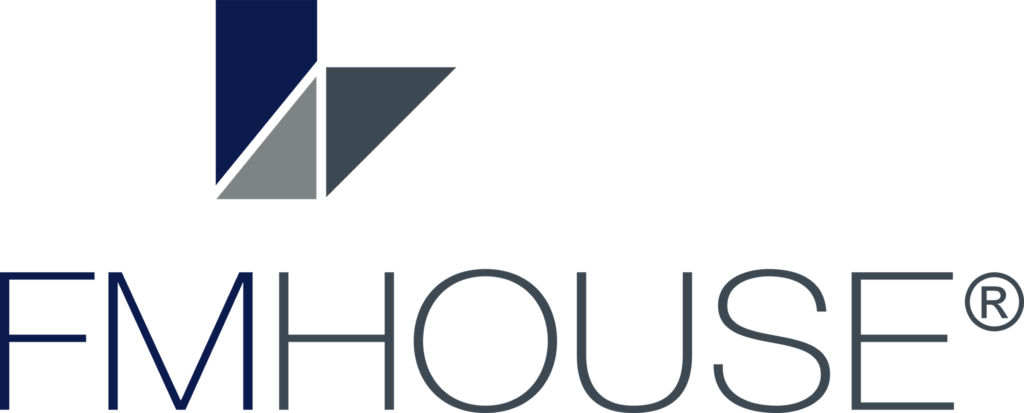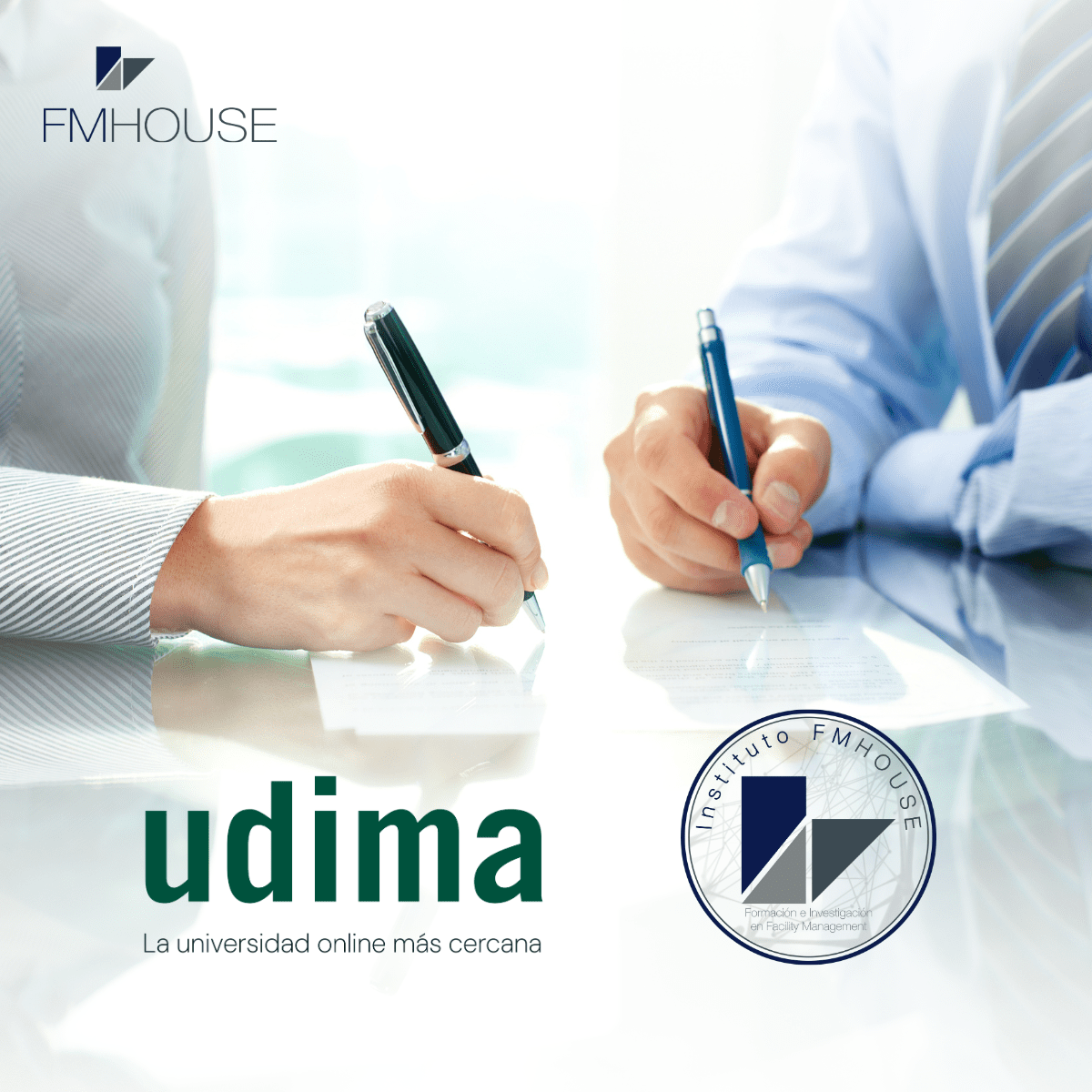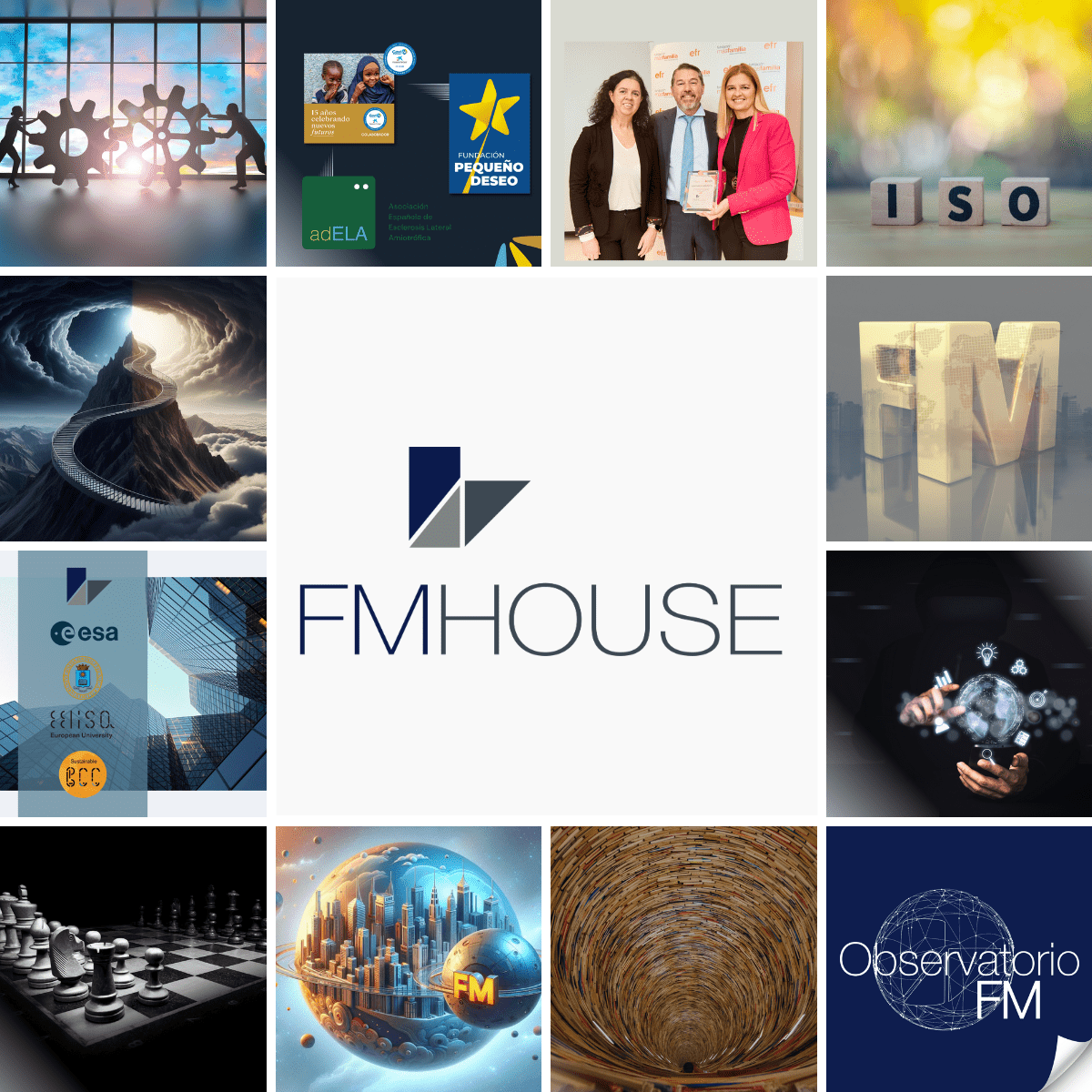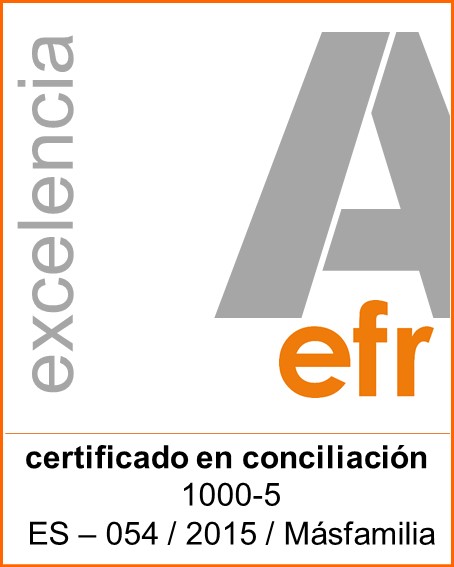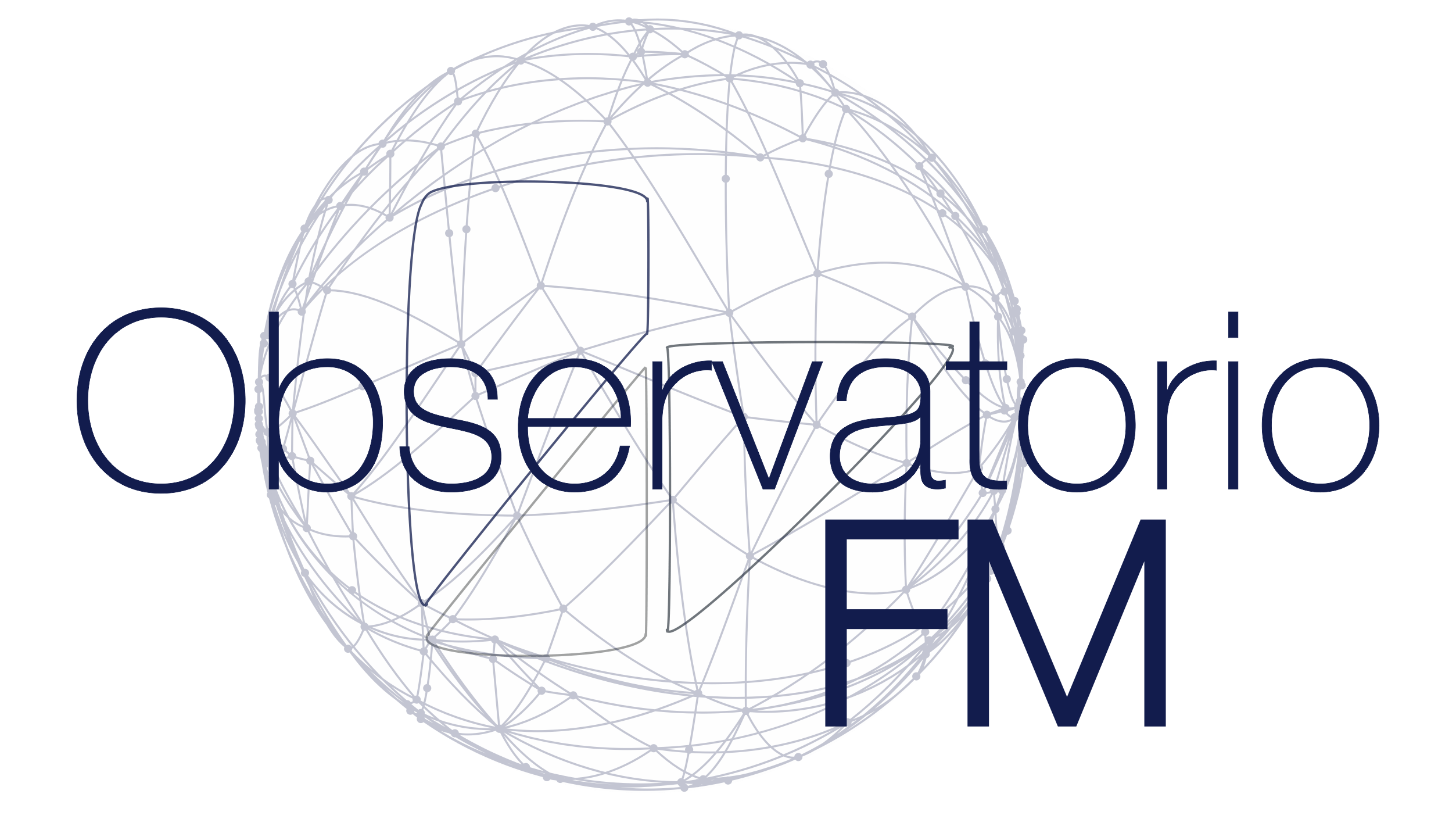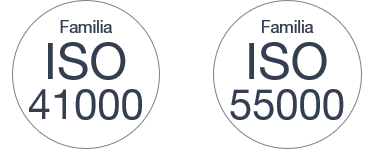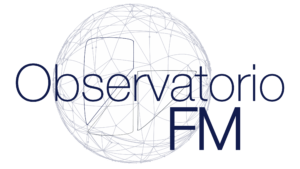In the field of Facility Management, different perspectives must be acrobatically intertwined, where efficiency must coexist with satisfaction or benefit with response speed. Clients and providers must understand and comprehend that each is a separate entity with its own interests, but beyond that, they need to collaborate as they depend on each other.
Companies are people
The perception of an organization depends on the response or feelings conveyed by its individuals. How many times have we left dissatisfied or criticized an establishment for the attention received from a single individual, or how something done wrong by someone has overshadowed the good work of other professionals? Saying that businesses are people is the best way to understand how relationships between clients and providers should be. In this relationship, it is also essential to consider what motivates each party and, above all, how the relationship begins and where those actors are after a few months.
The specific interest in selling from the sales representative and the desire for savings from the purchasing department can lead to the Facility Management model not being built on the most solid foundations. However, the reality is that it will be a long-term relationship, where the operations managers, both from the client and the provider side, must understand each other and coexist while fulfilling the objectives set for them, something that is not always easy.
Training as a vehicle for understanding
One of the keys to building strong relationships between clients and providers is training. This essential component not only enhances the quality of service but also lays the foundation for a harmonious collaboration that goes beyond mere business transactions. Training is not just a technical requirement; it is a bridge to mutual understanding. In the field of Facility Management, understanding the needs and expectations of the client is as crucial as mastering technical skills. Training not only prepares providers to face practical challenges but also provides them with the insight needed to anticipate the changing needs of the client. The results are amplified when training is conducted in mixed groups involving both clients and providers.
An International Diploma
At FMHOUSE Institute, we offer over 60 different FM training products ranging from 1 to 2,800 hours. In addition to providing customized courses and sessions, we identified a need to foster client-provider relationships and regional networking. With this goal in mind, we introduced the International Diploma, a 280-hour semi-presential program that combines theory, practice, market cases, and in-person sessions in the various countries where it is offered.
When designing the content, we aimed to provide specialized training but, above all, to encourage interaction between clients and providers. Unlike other courses we offer that are focused on one or the other, we specifically wanted to create a mixed environment, involving both perspectives at the FM table. We also sought contributions from professionals in different countries, as FM is understood differently in various markets.
The future of FM depends on companies trusting in the contribution of more advanced models, and that is based on a good relationship between providers and internal departments. The need for mutual understanding and respect is fostered by training together and sharing common goals, where each party must contribute their vision while listening to others.
